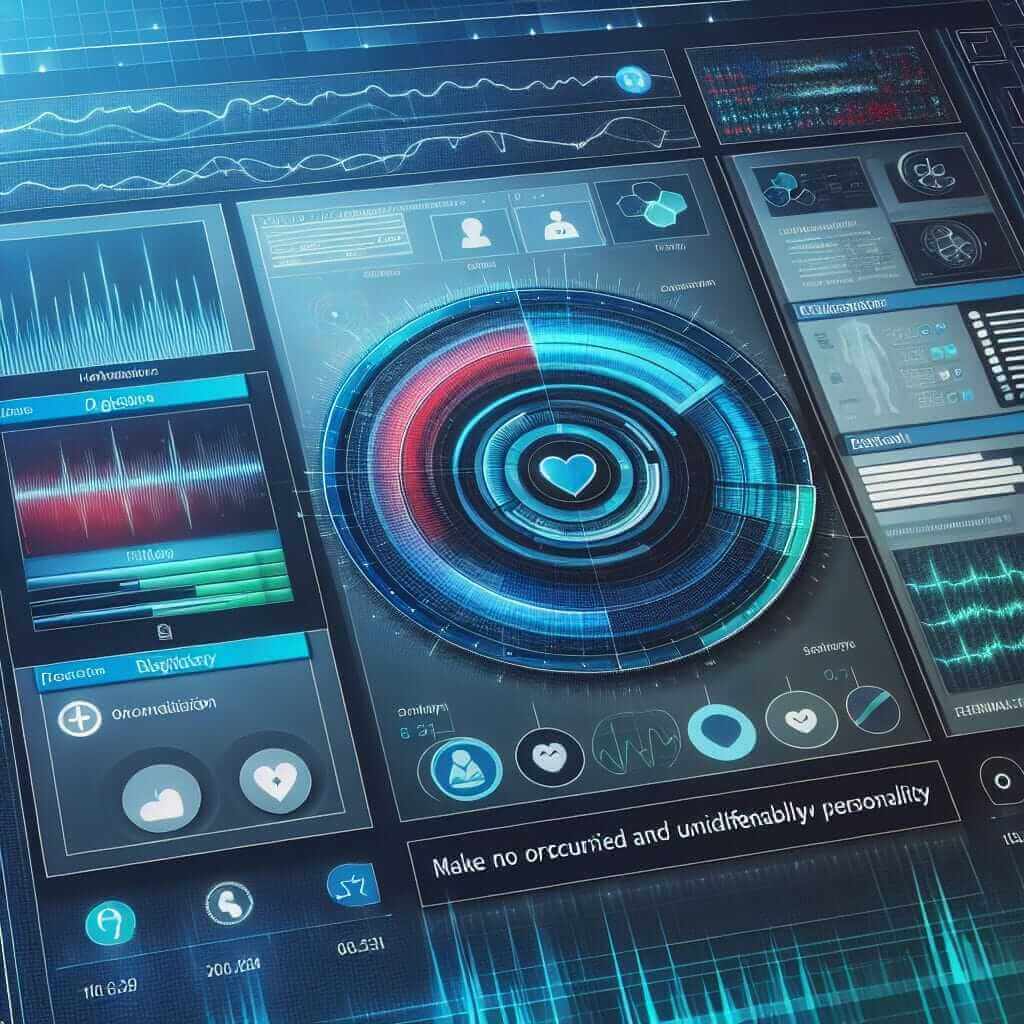In the realm of healthcare and the IELTS exam, encountering the term “medical record” (noun phrase, /ˈmɛdɪkəl ˈrɛkɔːrd/) is almost inevitable. This crucial document, also known as a health record or patient chart, holds a treasure trove of information about an individual’s health history.
Here are some synonymous terms you might come across:
- Health dossier (noun phrase, /hɛlθ ˈdɒsieɪ/) – A collection of documents containing detailed information about a person’s health.
- Patient history (noun phrase, /ˈpeɪʃənt ˈhɪstəri/) – A record of a patient’s past and present health conditions.
- Clinical documentation (noun phrase, /ˈklɪnɪkəl ˌdɒkjʊmɛnˈteɪʃən/) – Formal records of a patient’s medical information generated by healthcare professionals.
Deciphering the Importance of “Medical Record” in the IELTS Exam
“Medical record” is a high-frequency term within the IELTS, particularly in the Listening and Reading sections. It frequently appears in contexts discussing healthcare systems, patient rights, and medical research. Understanding its meaning and usage is crucial for achieving a high band score.
Applying “Medical Record” in Various IELTS Sections
Listening Section
Imagine listening to a dialogue between a doctor and a patient:
Doctor: “I’d like to take a look at your medical record to understand your previous treatments.”
Patient: “Of course, doctor. I believe my previous physician transferred them electronically.”
In this scenario, recognizing “medical record” helps you grasp the doctor’s need to review the patient’s health history.
Reading Section
Consider this excerpt from a passage about data privacy:
“The increasing digitization of medical records raises concerns about data security and patient confidentiality.”
Here, the term highlights a key issue related to modern healthcare – the security challenges associated with digital health information.
Writing Section
When crafting an essay about healthcare accessibility, you might write:
“Easy access to medical records empowers patients to actively participate in their healthcare decisions.”
This demonstrates your understanding of how readily available health information benefits patients.
 Electronic Medical Record
Electronic Medical Record
Combining “Medical Record” for Enhanced Language Skills
Here are some examples of how to use “medical record” effectively in sentences:
- Accurate documentation is essential for maintaining comprehensive medical records.
- Electronic medical records have streamlined information sharing between healthcare providers.
- Patients have the right to access and review their own medical records.
- Researchers often analyze anonymized medical records to study disease patterns.
- The confidentiality of medical records is protected by strict privacy laws.
Idioms and Phrases Related to “Medical Record”
While there are no direct idioms using “medical record”, several phrases convey similar meanings:
-
Health history (noun phrase) – This refers to the overall picture of a patient’s past and present health conditions, encompassing information found in their medical record.
Example: “The doctor took a detailed health history to determine the best course of treatment.” -
Medical background (noun phrase) – Similar to health history, this emphasizes past medical experiences, including illnesses, surgeries, and allergies, all of which are documented in the medical record.
Example: “Due to his medical background of heart disease, the doctor recommended a low-sodium diet.”
Conclusion
Mastering vocabulary related to health and healthcare is essential for succeeding in the IELTS exam. By understanding the meaning, usage, and significance of “medical record” and its related terms, you equip yourself with the necessary tools to excel in various sections of the test. Remember to practice using these terms in context to solidify your understanding and enhance your vocabulary for a higher band score.

